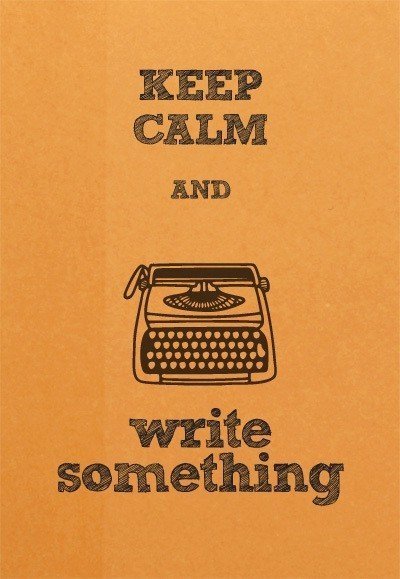Multimodal project
One of my favorite things about multimodality is that have control. Students get to chose how the want to present the ideas they have learned. Whether it be an essay, a video, a vlog the students have control over the process, materials, what they make. I thought that multimodality included some form of technology, but it more about the freedom. With the freedom we have on this assignment I have so many ideas I don’t know what to do. I know I want to do a narrative of some sort about the five paragraph essay. I’m not sure if I want to write a fictional narrative from the five paragraph essay’s perspective. I also like the idea of doing a video interview sort of like a VH1 where are they now about the five paragraph essay. I love creative writing and I also like making videos so those two are a possibility. I also like the idea of doing something more creative in a different way. I am thinking of doing something this photography. I like taking and editing pictures for fun and I feel like right now is a critical time for people with essays and big assignments due so I’m thinking of trying to capture a student working on an assignment. I don’t know if that makes sense but I have a lot of ideas and if you my blog partner have any ideas or thoughts on what I’ve presented that’d be awesome!

